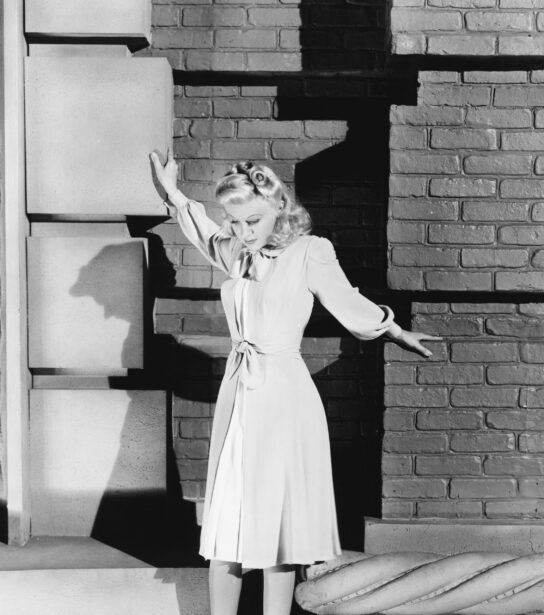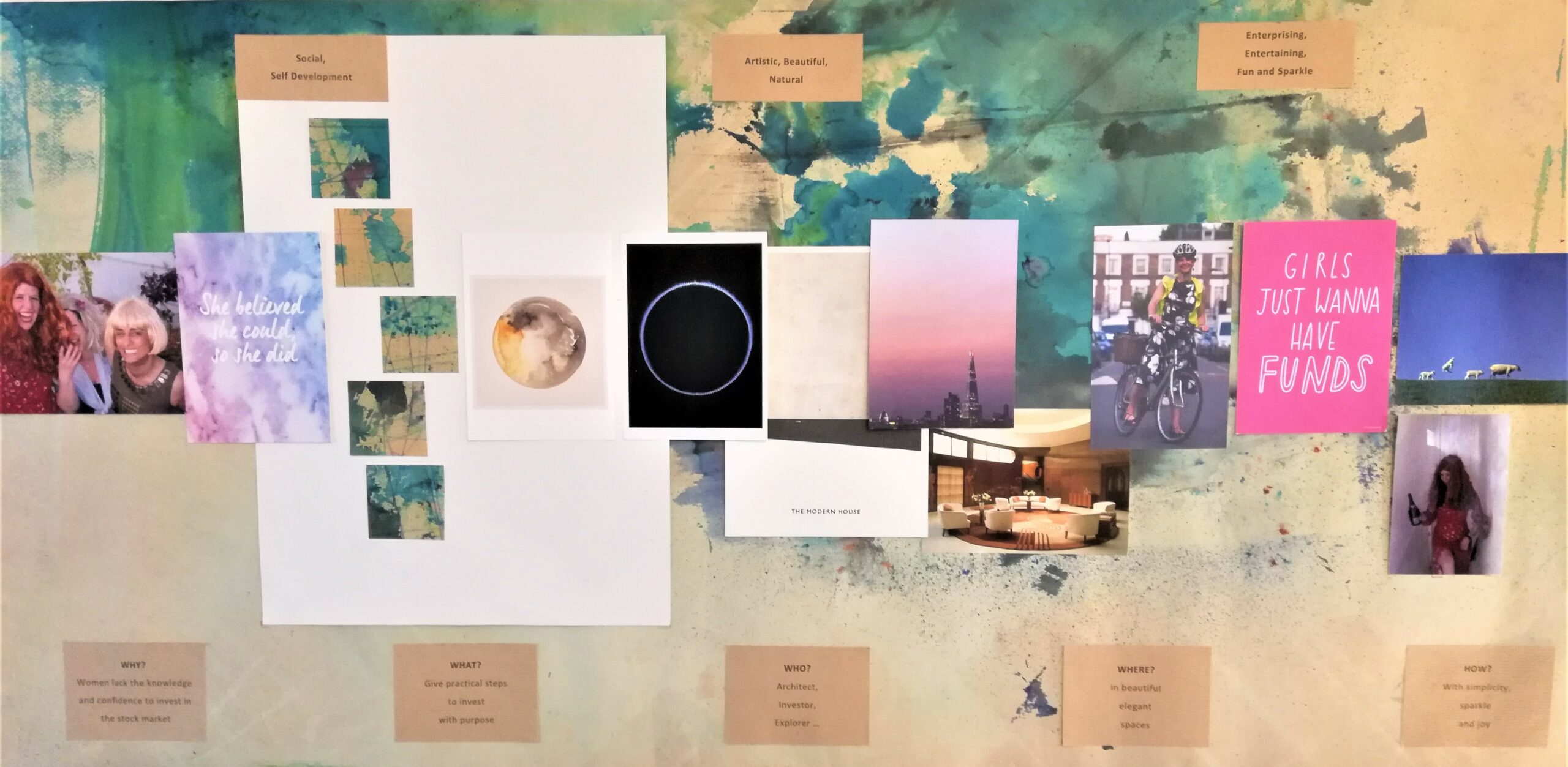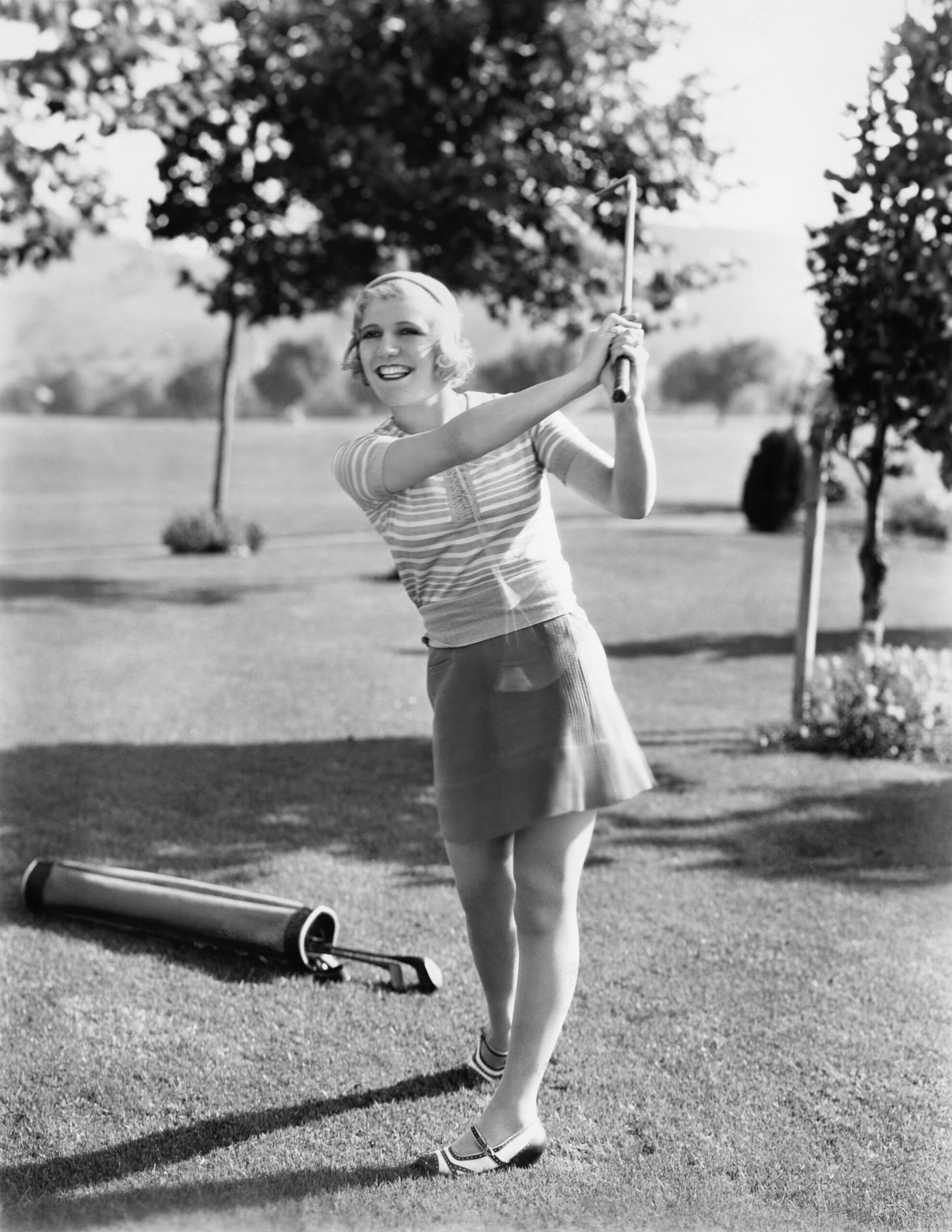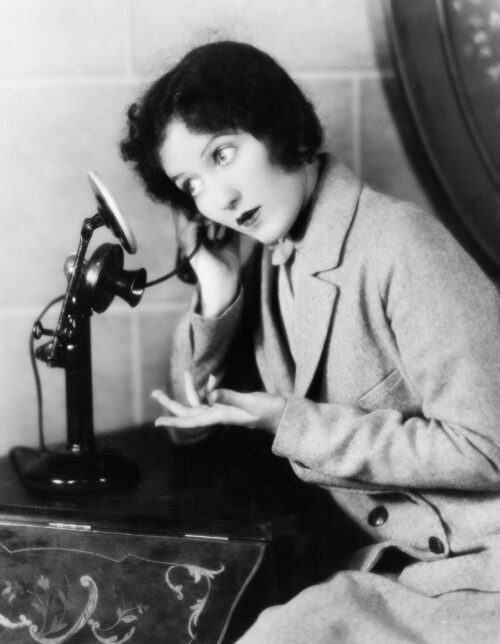
My mission at Simple Successful Stocks is to make finance accessible, interesting and less intimidating for women so they can feel confident in investing in their financial futures.
The word wealth is used frequently in relation to investing and personal finance. This blog post will take a look at what the term “wealth” means, for whom and the power it holds.
WHAT IS WEALTH?
The word “wealth“ traces its roots to the Old English term “weal,” which originally meant “well-being” or “prosperity.” This ancestral word stems from the Germanic base “wel,” signifying “to wish” or “to choose.”
In times gone by wealth was about a holistic sense of abundance that included harmony of mind, body, and spirit. Ancient societies revered virtues like wisdom, knowledge, and community and acknowledged their role in shaping true wealth.
The meaning of the word has changed over time. The Industrial Revolution marked a significant turning point where wealth became about accumulating assets, amassing capital and controlling resources. Fast forward to the present day, and the concept of wealth has evolved dramatically. In contemporary society, wealth is often synonymous with immense financial resources and luxurious lifestyles. The Have’s and Have Yachts!
HOW IS WEALTH MEASURED?

On a personal level our wealth is measured in financial terms by our net worth. This is our assets minus our liabilities. Assets include your pension, investments in the stock market, investment properties, businesses and any intellectual property you own. Liabilities are the mortgage on your home/investment properties and any loans, credit card debts and hire purchase agreements you have.
It is very important to remember however that your net worth is a number and not a measure of your self-worth!
On a global level countries define wealth by their Growth Domestic Product (GDP). This is a measure of the monetary value of the goods and services a country produced in a given year.
Both measures of wealth neglect the intangible aspects of life that contribute to well-being, such as relationships, personal growth, health and overall happiness. GDP is criticised as a limited and misleading measure as it fails to include many important activities contributing to society. For example, unpaid labour, primarily done by women, such as caregiving and housework. As a measure it also contributes to the endless pursuit of economic growth at the expense of the planet.
THERE ARE ALTERNATIVE MEASURES OF WEALTH
There are other measures of a nation’s wealth that are more expansive:
Kate Raworth’s Doughnut Economics advocates an economic model that respects both human needs and environmental limits. It proposes a balance between social and planetary boundaries.
Bhutan’s Gross National Happiness Index (GNH): is an alternative measure of wealth where non-economic aspects of wellbeing and happiness are equally important for sustainable development.
How The Word Wealth Excludes Women
Personally I always cringe when I hear the word wealth and people talk about wealth management. It is a term I feel is exclusive, and this is because of the gender bias of societal, economic, and historical factors i.e. the patriarchy! Until relatively recently women were excluded from owning, controlling or managing wealth in their own right.
Both measures of wealth neglect the intangible aspects of life that contribute to well-being, such as relationships, personal growth, health and overall happiness. GDP is criticised as a limited and misleading measure as it fails to include many important activities contributing to society. For example, unpaid labour, primarily done by women, such as caregiving and housework. As a measure it also contributes to the endless pursuit of economic growth at the expense of the planet.
BUT WE CAN ALL BE WEALTH MANAGERS
Defining what ‘wealth’ means for ourselves is important and very different for everyone. The whole concept is actually a subjective one and everyone’s definition of wealth comes from their perceptions and measures of value. Working with clients I always start by asking them to collage, describe or draw what their life would look like if money were no object. This is my drawing.


And then there are simple steps we can take to create this financial wealth:
Empower yourself through financial education. By learning and understanding how money can work for you will gain the confidence to do it.
Taking steps to invest in the stock market, which can be done in small amounts of time and less money than you think.
Challenging stereotypes by becoming an investor yourself and being a role model for others around you.
WHAT TO DO NEXT
To take your first steps, you can book a free call with me to explore how investing can work for you. Let’s have a conversation and help you become the investor you aspire to be!
In the meantime, do contact me to subscribe to receive ”Investing Matters” once a month. It is full of interesting and helpful financial news and tips.
If you enjoyed this article, you might also enjoy these from the blog:
It’s Never Too Late: The Time to Invest is Now
Three Surprising Myths about Women and Investing




